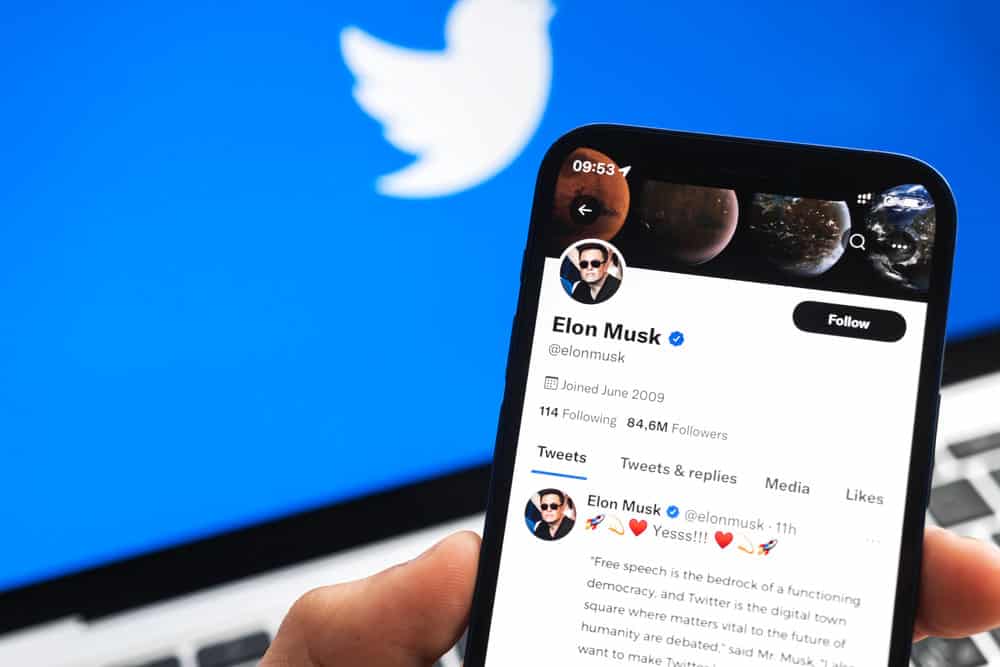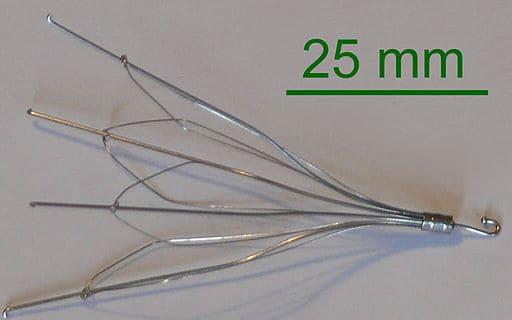The Los Angeles Superior Court verdict on April 21, 2023, handed a win to Telsa Inc. (TSLA.O). The jury favored the defendant, negating the plaintiff’s allegation of a defect in the Autopilot feature causing a crash. It also found no evidence that the airbag failed to perform safely.
Los Angeles resident Justine Hsu filed a personal injury lawsuit against Tesla in 2020 for a 2019 accident. In her complaint, Hsu said she was driving her Tesla Model S with the Autopilot engaged on a city street. The vehicle went through an intersection where her lane shifted to the right.
Hsu failed to make a course correction and hit the median. The crash deployed the airbags, which Hsu alleged had malfunctioned, breaking her jaw and causing facial nerve damage. She sought $3 million in damages.
Tesla denied any liability, claiming Hsu had ignored the user manual, which advised against using the Autopilot feature on city streets. The automaker further stated in its court filing that activating the feature triggers a popup, which requires the driver to acknowledge and agree that the car is not autonomous.

Based on the evidence presented in the three-week trial, the jury found Tesla was not negligent and had not breached its duty to provide adequate warnings. Hsu received no compensation for her injuries, a source of disappointment for her and her lawyers.
Reuters sought the jurors’ impressions after the verdict in an exclusive interview. The overall determination was that the accident was due to distracted driving. They sympathized with Hsu but believed that Tesla provided adequate warnings that the Autopilot feature is not a fully self-piloted system.
Tesla’s win may set the tone for future lawsuits involving the automaker’s Autopilot and Full Self-Driving features. While the verdict does not set a precedent, it is a bellwether to help car accident lawyers refine their strategies. Tesla’s share values went up by 1.3 percent right after the verdict, indicating a significant rise in confidence in the company.
The case serves as a warning to Tesla owners not to rely too much on Autopilot. They should always be ready to take over to avoid accidents.
Nonetheless, the victory introduces new questions about liability in self-driving car accidents. Tesla CEO Elon Musk claims its semi-automated driving system is safer than human drivers but with significant disclaimers. The extent of responsibility for the human driver operating a vehicle on Autopilot remains a topic of discussion.
The safety of this software has been in the spotlight since the first death associated with using Tesla’s Autopilot feature in 2015. The company has been anticipating many lawsuits to come its way, and this first case was a win. However, it does not mean it will always go their way.




